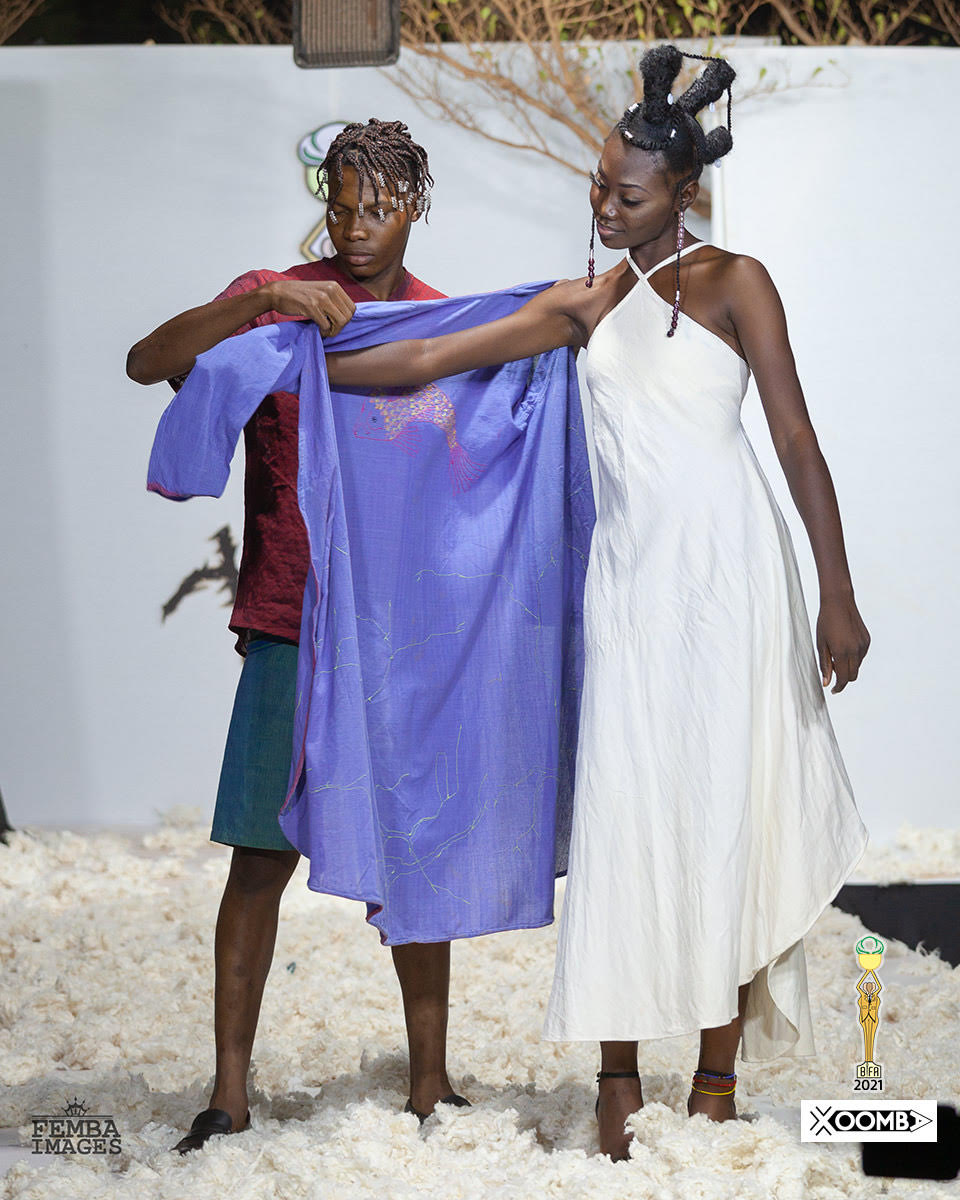When Heather Chaplet ’94 graduated from Brown with a theater degree, she didn’t expect to move around the world and start her own business. Now Xoomba, Chaplet’s Burkina Faso-based company that looks to limit the environmental and ethical damage of the fashion industry, is thriving.
Chaplet initially worked in set and costume design, but in the wake of world events like 9/11, she looked to pursue a career with a humanitarian impact. “An artist is always observing and translating their observations,” she said. “I wanted to do something that was in an economic field that could have an impact on the way people survive.”
Minimizing harm was a key decision in founding Xoomba, Chaplet added. “We all have to find ways to make a living, so the main question is how to make a living without hurting other people or other parts of the planet.”
Xoomba uses locally sourced materials, including organic cotton from Burkina Faso, for all of its products. Chaplet also works with local artisans to craft the designs, thereby lowering carbon emissions associated with travel, promoting ethical working conditions, and boosting regional economies. Most recently, an award from the SELCO Foundation has contributed to Chaplet’s environmental goals by granting Xoomba access to solar-powered looms.
As the sustainable fashion movement continues to expand, Chaplet is happy that more people are paying attention. “It seems like a logical thing: We all have to get dressed every day, so we should be thinking about how that process happens and how we get clothes on our backs,” she said. She also believes that sustainable fashion also has an undeniably human aspect, adding, “the solutions that we find often bring us together.”
Chaplet channeled this belief when she collaborated with a group of students from ENVS 0110: “Humans, Nature, and the Environment: Addressing Environmental Change in the 21st Century” in 2021.
During the project, students were immersed in drafting business strategies and public relations for Xoomba. One group helped Chaplet form a coalition for cotton processors in West Africa, while others planned the production of organic t-shirts — the first thousand of which Xoomba is currently manufacturing.
Chaplet made sure to note that members of the Brown community are constantly looking for ways to enact change. “I feel like every time I meet [alums], they’re always interested in finding things that are going to help in a bigger sense — not so much individual solutions, but group solutions,” she said.
She credits this mindset partially to the Open Curriculum: “The fluidity that you have at Brown … makes you feel empowered to do things that come to mind and not think that there’s a formulaic way of doing things.”